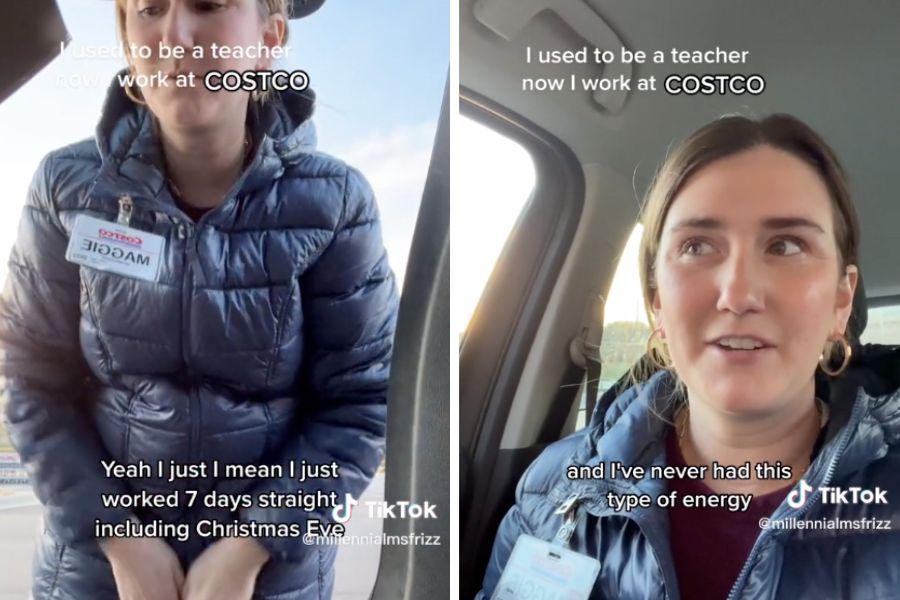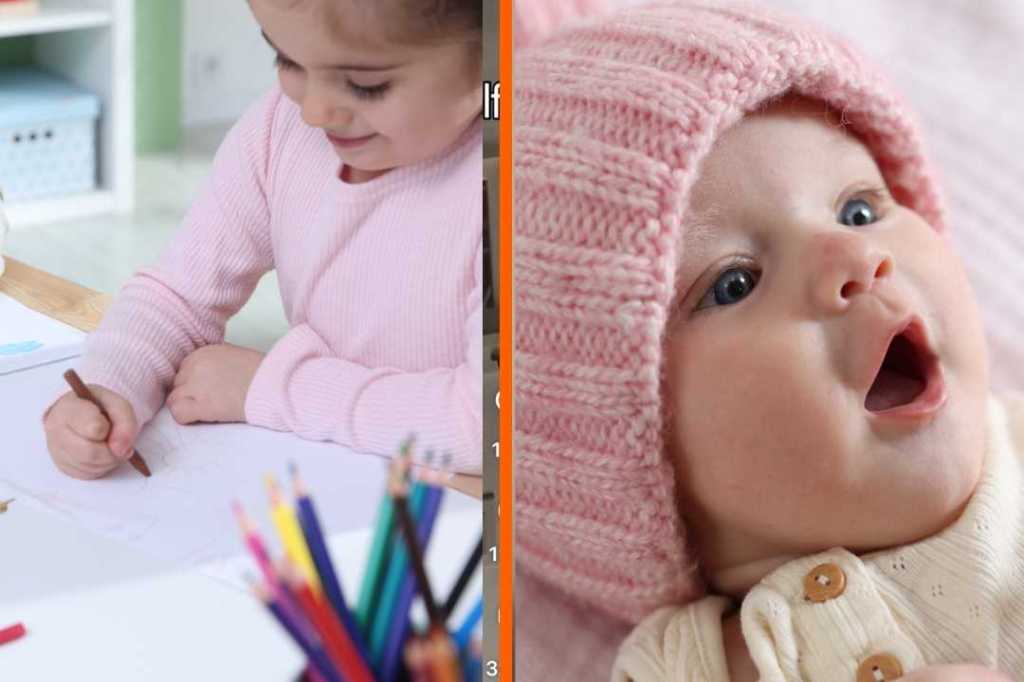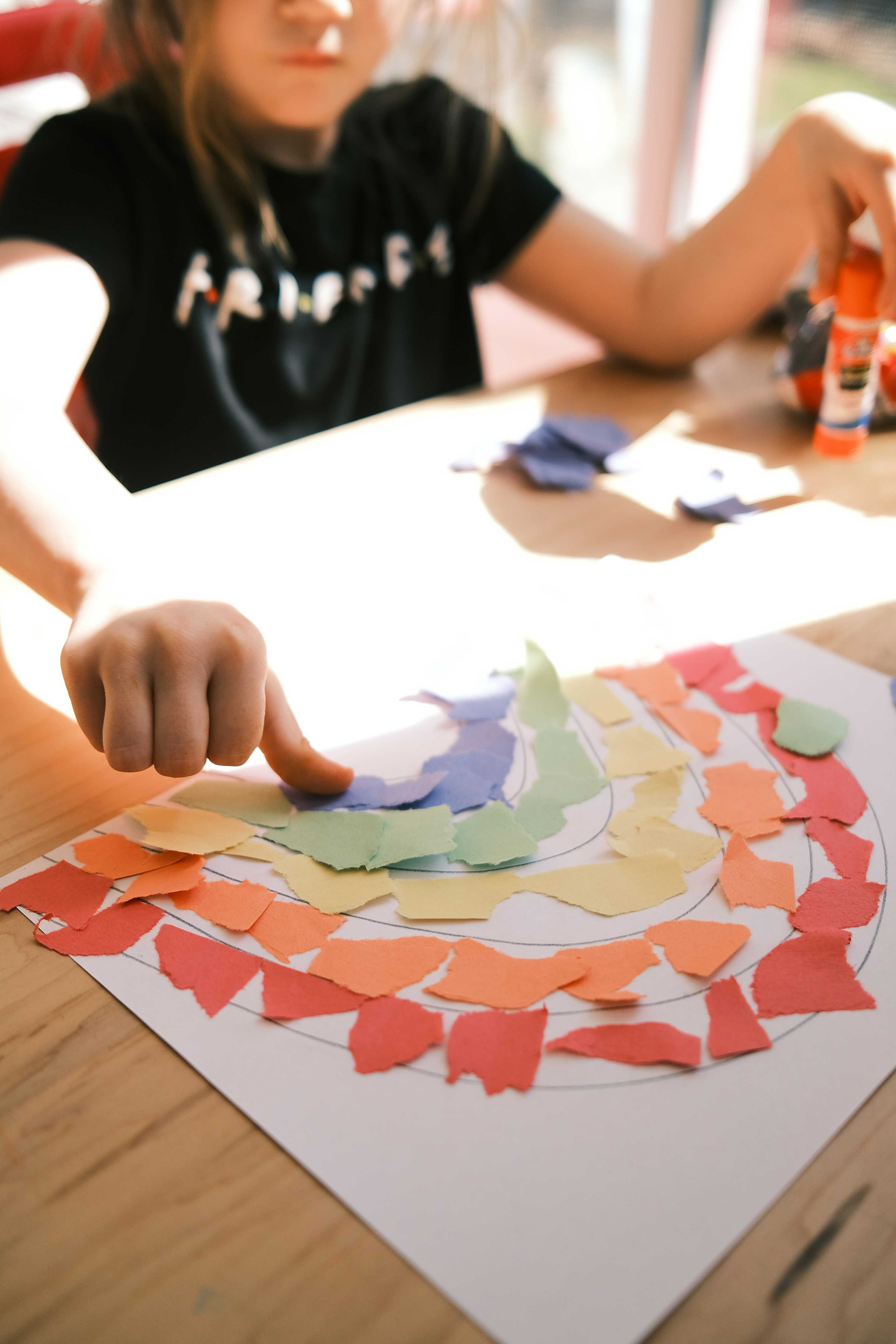Maggie Perkins loves teaching, loves teachers and loves students. In fact, she loves them so much that working on her Ph.D. in Educational Theory and Practice. Her research is focused on teacher attrition, examining why quality, experienced teachers quit the profession—something she understands all too well since she recently became one of them.
The former educator now works at Costco and she says she’s never been happier. Her migraines are gone. Her anxiety has improved. She sleeps through the night. As an entry-level employee, she makes less money than she did teaching, but not enough less to make a difference in her financial situation. She goes home from work happy at the end of the day.
Perkins has been sharing the contrast in working conditions between the classroom and Costco on her TikTok channel and it is eye-opening, to say the least.
To be fair, Costco is known for employee satisfaction. They take good care of their people with solid wages and benefits, and as a result, they have an impressive 94% retention rate for employees who stay longer than a year. That’s incredible for a retail business. And it’s not just about their comparatively generous compensation package. Perkins has shared in several of her videos how she feels respected and valued as an employee at Costco—far more than she did as a teacher working in various schools, teaching various grades in two different states.
People often assume that the biggest reason teachers quit is inadequate pay, but compensation is just one piece of the teacher exodus puzzle. Perkins makes it clear that teachers should definitely be paid more, but attrition isn’t just about money. It’s often a result of burnout caused by a multitude of factors, including lack of time and support to do the job they are trained to do, the twisted way the teaching profession is viewed and valued by society and the pile-on of additional duties teachers are assigned to do besides teaching.
Let’s look at the time element alone. Planning is a big part of teaching, especially if you’re trying to meet individual students’ learning needs, yet teachers are rarely given the amount of planning time they need. On top of that, the time they do have is often usurped by other things.
“Let’s say you have a fight in your classroom,” Perkins tells Upworthy. “Well, then you just lost 45 minutes of your planning because you’re going to have to be in the front office doing documentation, calling people. You just lose your day. There’s so many different ways to lose your whole day, and then you end up either taking work home or making hard choices about what to let go, like you’re juggling glass and rubber balls and you have to figure out which ones are glass and which ones are rubber. Like, what can you let drop?”
A big misconception some people have about teaching is that it’s easier than other professions because you have long holiday breaks and summers off. Some even go so far as to use the word “cushy.” Plenty of teachers have refuted that notion, showing how many hours they actually work outside of official work hours or how they have to work two jobs to not be living paycheck to paycheck.
“If you’re coming at teachers being like, oh, you have a cushy job, then you work it,” says Perkins. “If you think it’s so soft and so cushy, it has so many amazing benefits, then come on over and work this job. More of us should be lining up for it.”
“But if we have a teacher shortage, how can it be that cushy of a job?” she adds. The reality is that people who have never worked in a classroom have no idea how relentless and stressful it can be on multiple levels, even when you love teaching and love your students.
Here Perkins describes what it was like working a 7-day shift during the holidays instead of having that cushy winter break:
Perkins points out that we don’t actually have a teacher shortage, but rather a teacher exodus. There are plenty of qualified, credentialed teachers who have simply given up trying to make the career they love actually sustainable.
Many people have put forth suggestions for various school reforms, but those who have seen the problems from the inside know they are layered, widespread, systemic and deeply ingrained. Perkins tells Upworthy she believes the school system needs a complete overhaul.
“I think we will be forced into it,” she says. “But I don’t think that’ll happen for at least 10 years. I think things are going to get much worse before they get better.”
She says focusing more on teachers and students would help alleviate some of the “crash and burn” she sees coming, or perhaps even help prevent it. But some major changes would have to take place for that to happen.
“A teacher who has six class periods with 35 students in them? That person cannot possibly deliver quality instruction to all of those students all day. And then have one planning period to grade, plan, et cetera. It’s just it’s impossible.”
She says reducing class sizes, increasing planning periods and eliminating extra duties such as carpool duty, hallway duty and other seemingly small things that chip away at a teacher’s time are immediate changes that can and should be made. But school administration is often more focused on testing, data, and resources than on what students and teachers themselves need to create a healthy, sustainable learning environment.
Then there’s the issue of how teachers are viewed. Outright disrespect is one thing teachers face, but even well-meaning people who think they are supporting teachers can contribute to the problem.
For instance, Perkins explained in a video that she doesn’t call teachers “heroes” anymore because it’s a loaded term that leads to a martyrdom mindset. After all, heroes fulfill the mission, no matter how hard it gets, right? Heroes are ready and willing to sacrifice it all for the cause. Most people who refer to teachers as “heroes” do so as a compliment, but when you really break down what that term means, it sets an expectation that teachers will do the job no matter how bad it gets, sacrificing themselves and their own well-being because their profession is a “noble” one. That’s not just unfair; it’s abusive.
“The thing that I most want to communicate in my videos is that teaching is not a ‘noble profession.’” Perkins tells Upworthy. “It’s a job, and people should be paid for the job that they do and respected for the work that they do, and that by attributing nobility to the profession, you assign to teachers this emotional labor of the whole culture, of the whole society.”
“When we do that, we add to them additional responsibility above and beyond their actual jobs,” she adds. “And then that allows people to degrade the profession by saying basically we pay you with emotion. Like we say, ‘You’re heroes!’ and we get in the cycle of praising them for what they do, and then gaslighting them for what they fall short on. But what they’re falling short on is stuff that was never their job in the first place.”
Perkins also wants teachers to know that they have transferable skills and that they don’t have to put up with a poor quality of life when they can find a higher one in a different profession.
“I see so many teachers like myself even feeling trapped or feeling limited, like teaching is the only thing we can do,” she says. “And then when they go into other professions, they’re wildly successful. They rise to the top in their career fields. They are good employees and they enjoy the quality of their life as well.”
“I want to communicate to teachers—you’re not stuck, you don’t have to be afraid, your quality of life matters, and it’s not selfish to transition your career, because a lot of teachers stay in it, too, because they don’t want to feel like they’re failing the students.”
To hear more of Perkins’ perspective on working at Costco and on what teaching can and should be, check out her TikTok channel @millennialmsfrizz.
































